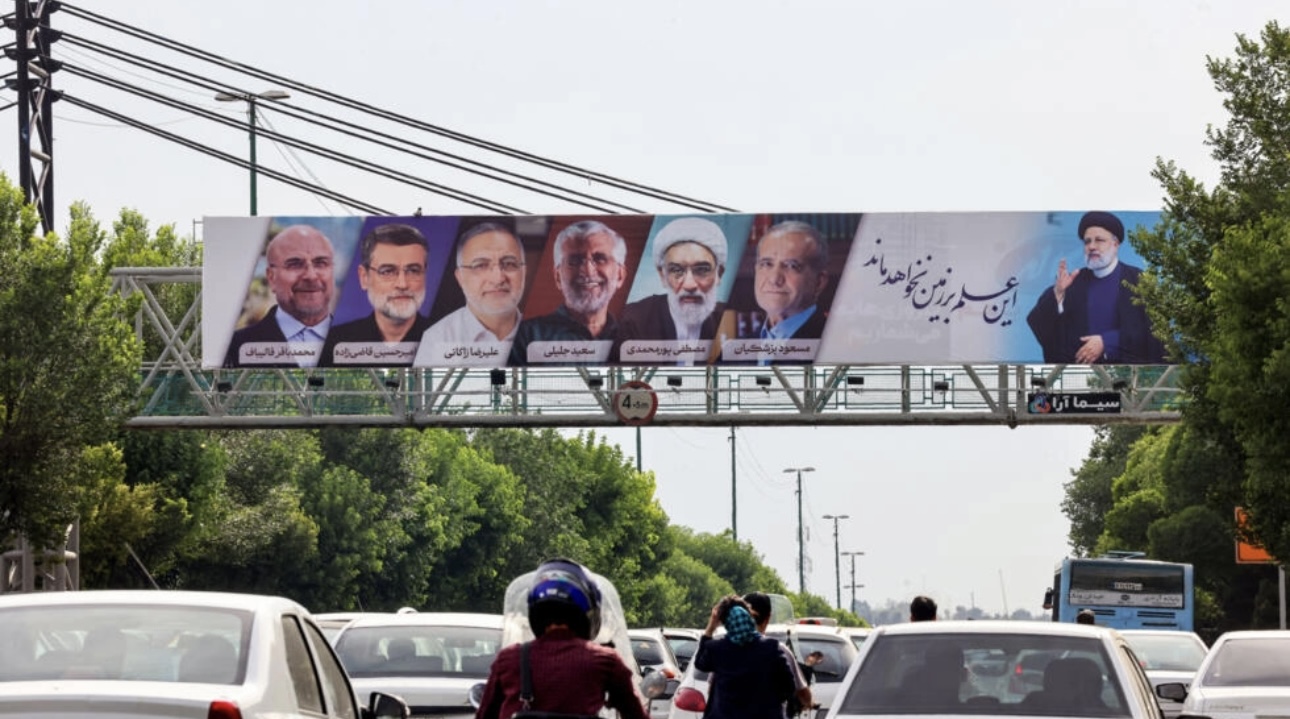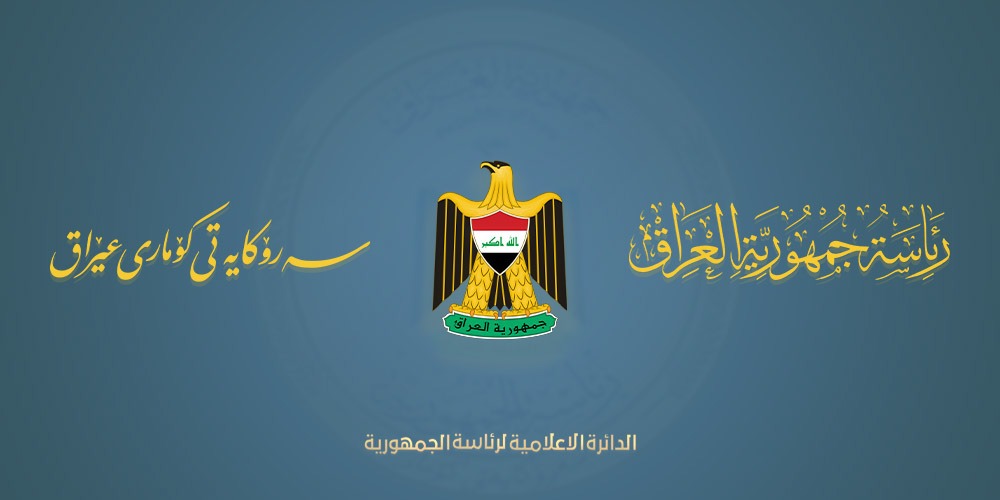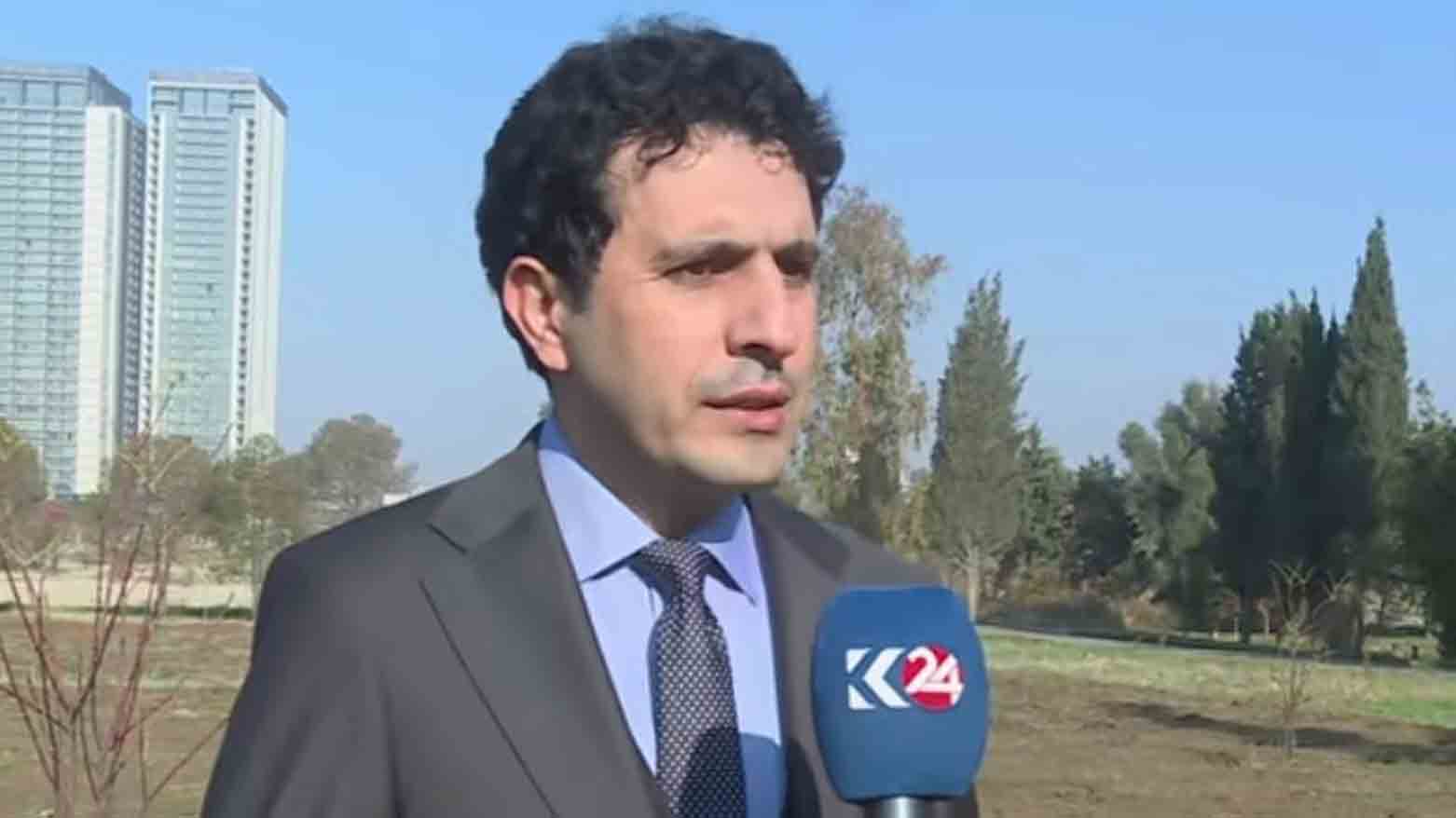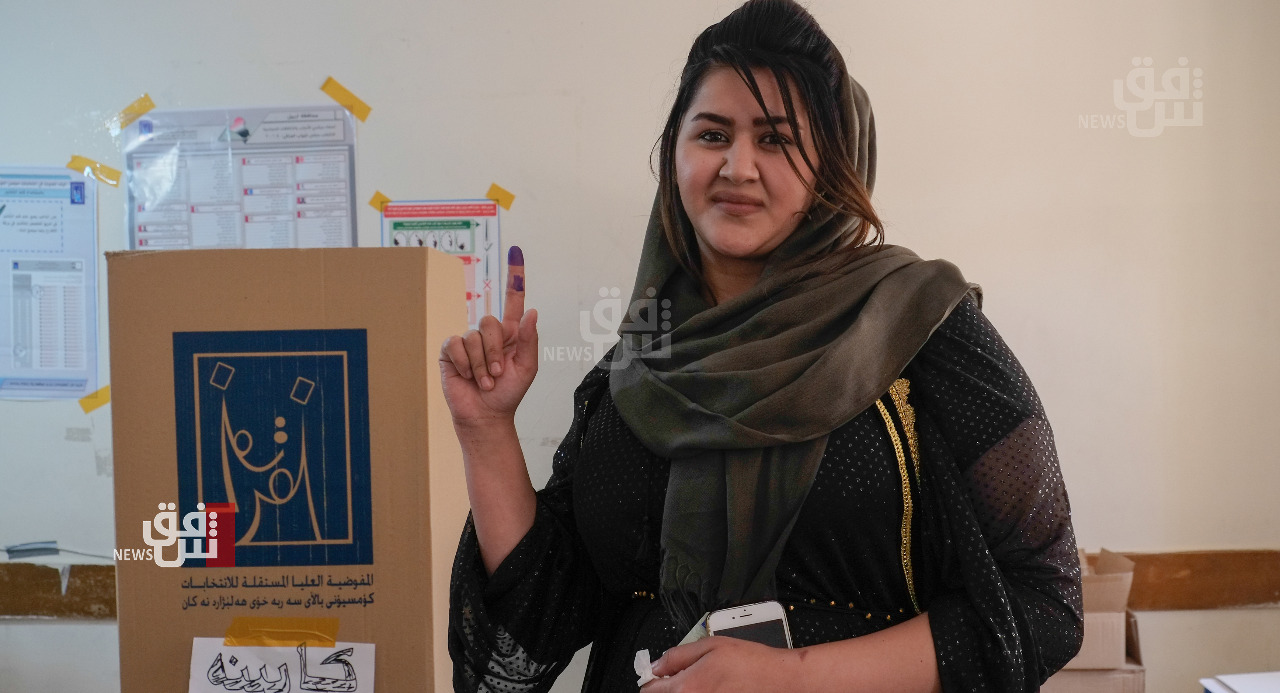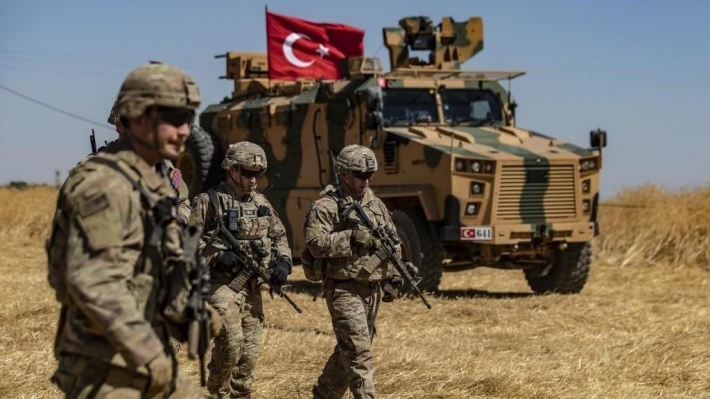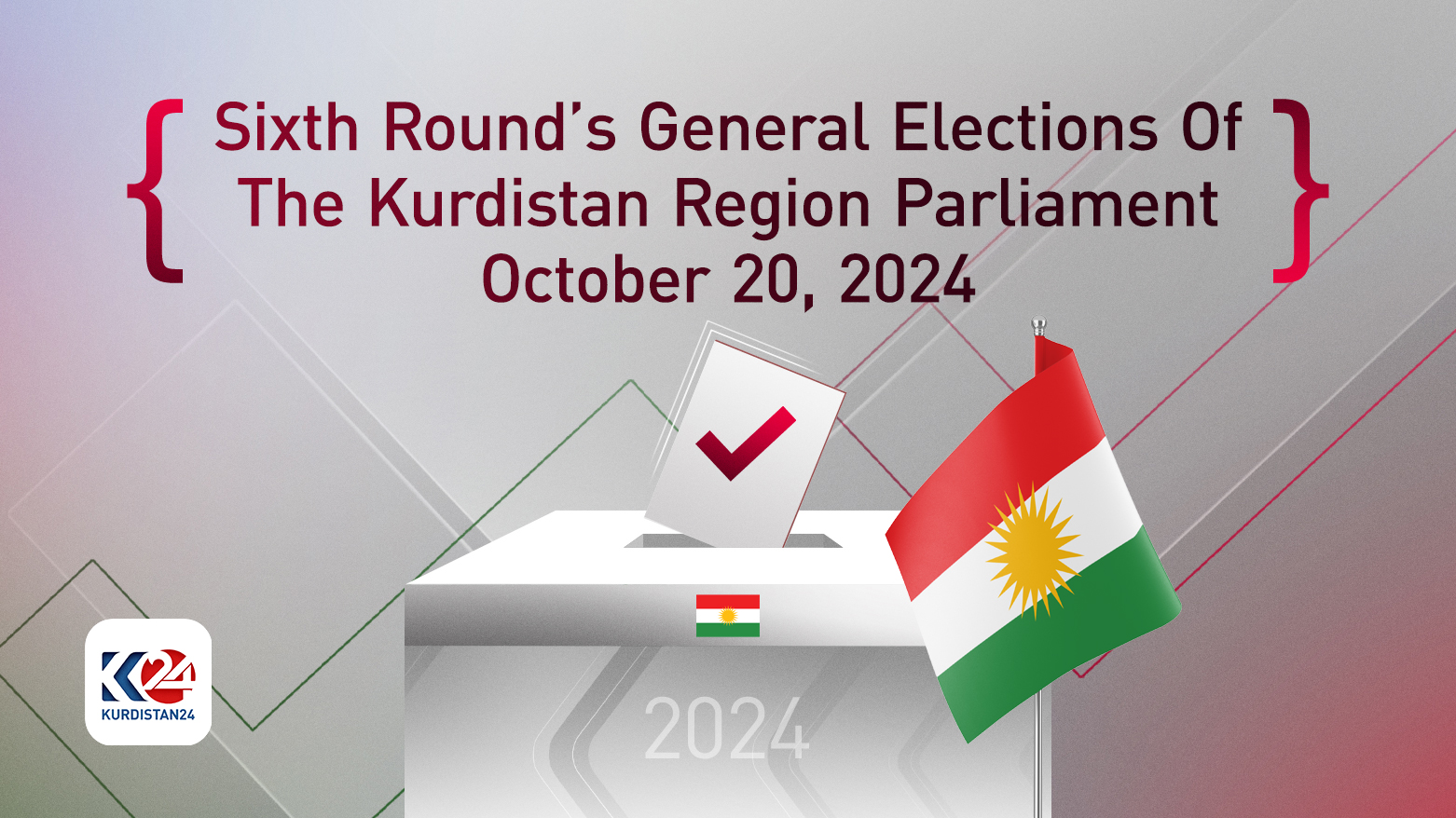Flaws in Lebanon-Iraq fuel agreement: Baghdad receives "Neither services nor funds"
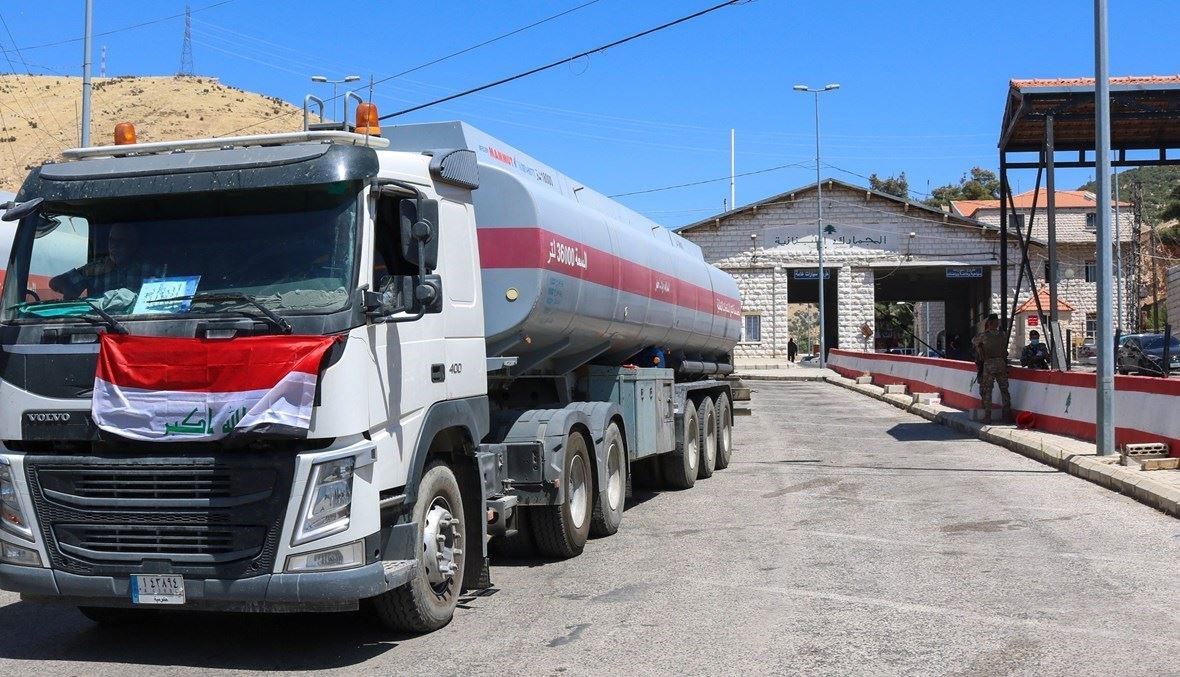
Shafaq News/ Lebanon may become dependent on a complex arrangement to import Iraqi fuel for its electricity needs despite the absence of an agreed repayment plan. Experts warn that the scheme is fraught with issues, which risks locking the country into an unstable arrangement and delaying its shift to renewable or affordable energy sources.
In a report for The National newspaper, Lebanon, a nation with limited natural resources and mired in an economic crisis, imports heavy fuel oil from Iraq under a swap deal signed in 2021. Since the heavy fuel supplied by Iraq does not meet Lebanon's fuel specifications, the agreement allows Beirut to swap it on the international market for other types of oil suitable for its power plants through traders who profit from the transaction.
The report added, however, that three years after the deal's inception, Lebanon has yet to pay Iraq for the received oil due to unclear agreement terms. The contract, obtained by The National via a freedom of information request, stipulates that Lebanon will deposit funds into a dollar account that Iraq can withdraw in Lebanese pounds to spend on "goods and services" for its ministries, such as medical services. The exchange rates at which Iraq can access the funds and the specifics of the services remain unclear.
As a result, Iraq has not accessed the $550 million worth of goods or services, the value of the first year's imports, deposited in Lebanon's central bank. The deal also leaves Lebanon reliant on fossil fuels, as it swaps Iraqi heavy oil for gas oil and low-sulfur fuel oil rather than opting for cheaper alternatives like natural gas or cleaner renewables.
Despite these issues, new documents indicate that Lebanon intends to depend on the Iraqi fuel deal, renewing it for its energy supply needs until at least 2028.
The National has reviewed Lebanon's National Emergency Plan for the Electricity Sector, developed by the Ministry of Energy and Electricite du Liban (EDL), Lebanon's state electricity company. This plan serves as an alternative to the country's 2022 energy plan, which has stalled amid delays in broader governance and economic reforms demanded by international lenders for essential funding.
The plan reveals EDL's intention to increase the deal volumes with Iraq to $772 million annually as part of a strategy to boost capacity from four to eight hours per day by 2028. Calculations show this will increase Lebanon's total debt to Iraq to $5.45 billion by 2028 and leave the country predominantly reliant on fossil fuels without ensuring 24-hour electricity for residents. This situation persists even though the Iraqi government has not committed to extending the contract.
"The Iraqi fuel deal is a ticking time bomb with no alternative fuel source. The contract is due to end in October, and the Iraqis will want to know why they haven't received anything in return," said a Lebanese energy professional and former ministerial candidate who requested anonymity.
Even if Lebanon manages to pay and secure an extension, experts express concerns about the lack of plans for cheaper and greener fuel sources. Lebanese households, despite promises of reliable electricity for over a decade, still face daily blackouts and resort to costly and polluting diesel generator subscriptions.
The report mentioned that the 2021 Beirut-Baghdad deal was initially presented by Lebanese authorities as a gift from Iraq, demonstrating solidarity with a fellow Arab nation in an economic crisis. At the end of 2020, a tainted fuel scandal involving another import agreement shook Lebanon. What was presented as a state-to-state fuel import contract with Algeria was exposed as a deal with secretive offshore companies charging exorbitant prices for low-quality fuel.
The scandal revealed corruption involving contaminated fuel shipments, falsified laboratory tests, and bribery of state officials. Consequently, the fuel supply contract was not renewed, leaving Lebanon without a fuel supply contract for the first time since 2005. Desperate for a replacement, Lebanon signed the Iraqi deal in July 2021 for one million tonnes of fuel oil. It was extended in 2023 for another year for two million tonnes, including a small volume of crude swapped alongside the heavy fuel oil. Lebanon receives around half of the original fuel oil exported by Iraq, according to the Ministry of Energy and Water.
"It did help Lebanon at the time as a temporary fix when the government defaulted on its debt and couldn't access international markets," said Marc Ayoub, associate fellow at the American University of Beirut's Issam Fares Institute. However, experts have since raised concerns over the deal, particularly regarding the lack of alternative arrangements and clear financial terms in a corruption-riddled electricity sector.
The report added that, under the contract terms, Lebanon has one year to pay for each fuel shipment, but three years since the deal was signed, Iraq has not received any payment. It remains unclear how Beirut will fulfill its obligations. Lebanon owes Iraq about $1.59 billion for fuel imported since 2021, according to the Ministry of Energy and Water. The designated bank account at the BDL holds $550 million, the value of the first year's imports. Iraq has not accessed these funds, which are in dollars but meant to be withdrawn in Lebanese pounds. The contract does not clarify the exchange rate for this withdrawal.
The contract specifies that Lebanon would pay Iraq using the market rate at a 15 percent discount or the Sayrafa platform rate, an exchange rate platform set up by the BDL between 2021 and 2023 to stabilize the Lebanese currency. Criticized for its lack of transparency, the platform was phased out with the new central bank governor's arrival in 2023.
Moreover, the "goods and services" Iraq is supposed to receive in Lebanon have yet to be determined. Despite media reports of medical services, an Iraqi Health Ministry official stated that these services "are only on paper, and nothing has happened in this regard."
The Investment Development Authority of Lebanon (IDAL), responsible for payment mechanisms and services, did not respond to interview requests from The National.
Experts also worry about the deal's implications for Lebanon's energy security. Mr. Ayoub warned against "fuel dependency" on Iraqi gas oil and fuel oil, currently the only energy source available to Lebanese power plants. "Maybe the Iraqi government will decide one day to stop the contract, what alternative do we have?" he questioned. The government appears to believe its diplomatic relations with Iraq will prevent financial disagreements, as the emergency plan assumes the contract will be renewed.
According to the report, when asked about a contingency plan if the deal is not renewed, EDL appeared to have few options beyond repairing damaged power stations to improve efficiency. "[EDL] has put in place a scenario where it will attempt to extend generation as much as possible until the matter of supply is resolved," the company stated. "This involves measures for the optimization of generation efficiency to mitigate any potential disruptions in fuel supply."
The report added, initially perceived as a temporary fix, the Iraqi deal now seems to be evolving into a long-term solution. According to the emergency plan, EDL will gradually assume responsibility for paying for Iraqi fuel rather than the Ministry of Energy, which has so far covered the costs. EDL claims that tariff increases initiated in 2022 will enable it to cover the cost of Iraqi fuel. However, experts question EDL's strategy.
"Now that EDL has increased its tariff and can pay for its shipments, it could move away from the Iraqi deal and look at cheaper and alternative sources of energy and invest in renewables," said Rony Karam, president and founding member of the Lebanese Foundation for Renewable Energy.
The emergency plan projects renewable energy to account for only 12 percent of total production by 2028 in the best-case scenario, down from the Ministry of Energy and Water's earlier goal of 30 percent by 2030. Given current fuel costs, electricity production is priced at $0.20-0.25 per kilowatt hour. However, Mr. Karam emphasized that electricity could be generated using natural gas, which is less polluting and could be produced at $0.07 to $0.08 per kilowatt hour.
"This will make EDL more profitable and more bankable and instill confidence among international donors," he added.
EDL's chronic losses, averaging $1.5 billion per year, stem from its expensive fuel supply. A recent World Bank study, the Lebanon Country Climate and Development Report, estimated that replacing fuel with natural gas and large solar installations could reduce electricity costs by 66 percent in Lebanon.
The report mentioned that, in 2022, Lebanon, Syria, and Egypt signed a gas import agreement to bring Egyptian gas through Syria, aiming to add four extra hours of power per day to the grid. However, geopolitical challenges have delayed the project, with the emergency plan indicating that Egyptian natural gas will not be available until at least 2028.
Under the original reform plan, Lebanon was supposed to begin reducing its reliance on fossil fuels. In previous statements, caretaker Minister of Energy Walid Fayad attributed delays to the lack of financial system reform and insufficient investment appetite, leaving the Iraqi deal as the only viable option.

